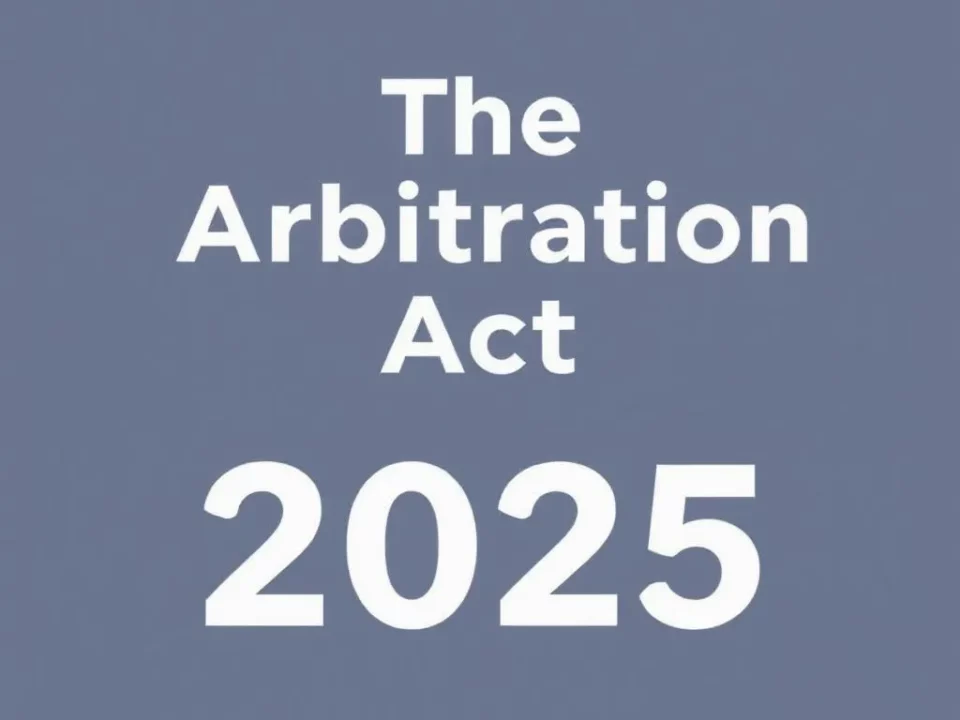
Clear the Lobby: What Laws are MPs voting on this week? W/C 22nd November 2021
November 15, 2021
Compliance: Charges, Fines, and Settlements Across Different Industries
November 21, 2021Article by Christina Hajisotiris
A deeper review into Nvidia’s acquisition of Arm by UK’s competition authorities has raised national security concerns. Nvidia, the largest US tech company, announced in September 2020 a $40 billion deal to acquire UK chip designer Arm – a strategy to spread its reach in the surging market for semiconductors (essential components of electronic devices). In April 2021, the UK Culture Secretary requested the Competition and Markets Authority (CMA) to prepare a report on whether the deal could be assessed as anti-competitive, along with a summary of any national security concerns. In July 2021, the assessment contained worrying implications for national security, and per Bloomberg, the UK is ‘currently inclined’ in blocking the takeover on national security grounds.
Transaction is yet to be completed due to reservations held by the CMA:
CMA’s concerns rest on the premise that the acquisition poses a potential detrimental impact on competition, with experts suggesting that this would cut off access to intellectual property for rivals and thus stifle innovation in several industries, such as gaming and self-driving cars, it has also incited fears over national security. Arm technology, ‘a technology jewel’, is at the heart of most smartphones and other devices. Its designs underpin processors made by Apple, Samsung, Sony and Huawei. Arm’s ex-president has warned that this could put the wider tech sector ‘in jeopardy’. Dr Hauser, who developed the first Arm processor, has been a vocal critic of the deal, and believes that technology sovereignty is at stake and the UK ‘would be foolish to allow Nvidia to gain control of Arm’s extraordinary assets’, which can be found in 95% of mobile phones, most cars and IT infrastructure equipment. He thinks that Arm’s acquisition by Nvidia would ‘create another US monopoly like Google, Facebook, but this time in microprocessors’.
In the midst of a global shortage of microchips and supply chain disruptions:
Against the backdrop of the global shortage of microchips, allowing the transaction to be completed means surrendering a great opportunity to a US company to exploit the lucrative landscapes of videogaming and data centres, dominating the computing-chip market and gaining a greater share in the marketplace. Although, according to Nvidia’s chief, Jensen Huang, there are no such intentions and the company’s ‘strategy is about investing in the UK’. However, promises, such as UK job creation are inadequate in appeasing the CMA and the rest of the regulatory sphere. More than 2,000 business leaders signed an open letter calling on the prime minister to stop the merger, stating that UK jobs and influence could be lost.
The position of the law and regulation in this area:
Post-Brexit regulatory regime remains to be seen around technological advancement – as English law is moving away from EU law authorities; however litigation in the technology sector will become increasingly prevalent in order to resolve issues emanating from innovation, artificial intelligence, data protection and compliance with regulatory authorities.





